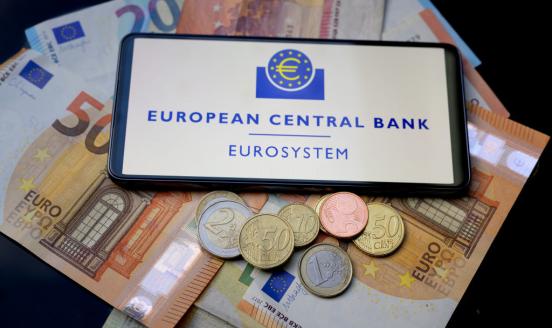Will macroprudential policy counteract monetary policy’s effects on financial stability?
This paper models monetary policy's transmission to bank risk taking, and its interaction with a regulator s optimization problem.

How does monetary policy impact upon macroprudential regulation? This paper models monetary policy’s transmission to bank risk taking, and its interaction with a regulator’s optimization problem.
The regulator uses its macroprudential tool, a leverage ratio, to maintain financial stability, while taking account of the impact on credit provision. A change in the monetary policy rate tilts the regulator’s entire trade-off. The authors show that the regulator allows interest rate changes to partly “pass through” to bank soundness by not neutralizing the risk-taking channel of monetary policy. Thus, monetary policy affects financial stability, even in the presence of macroprudential regulation



